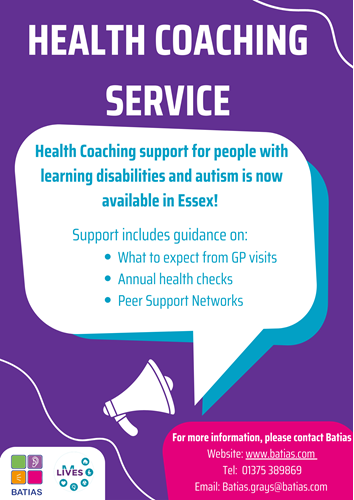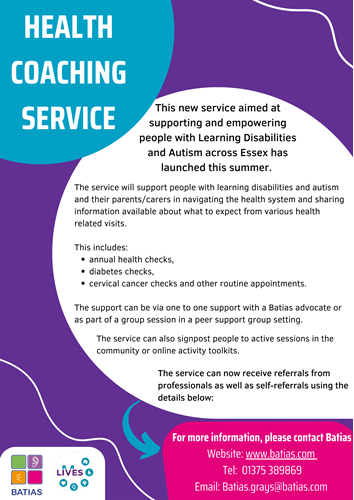- To form a professional relationship with the person in order to offer independent support to make the best decision possible in the given circumstances
- To empower the person in making choices to have more control over their life
- Ensures that they have the relevant information to make the right decisions about their goals in life and issues that matter to them
- Speaks on behalf of the person if they want them to during meetings and appointments
What does Advocacy mean?
Advocacy refers to receiving support from another independent individual, (ie an advocate), to assist someone to express their opinions and make their views heard in order to lead the changes in their lives.
In circumstances where someone is unable to express their views in any way, Advocates are able to be involved to ensure that the outcomes of planning for the person’s future are fair and in their best interest. A formal Advocate is independent of the person’s family, funding authority and Service Provider.
Remember that the Care Act 2014 obligates the involvement of an Advocate where someone is considered to be unable to fully understand and participate in their social care review and is also seen as un-befriended.
If you are reviewing someone, maybe without family and who has no one in their life that can help them put their views across, or speak up for them, it is important that you ensure an Advocate is involved in the review process.
The Care Act 2014 – Part 1 Care and Support, section 67 – Independent Advocacy, states:
(2)The authority must, if the condition in subsection (4) is met, arrange for a person who is independent of the authority (an “independent advocate”) to be available to represent and support the individual for the purpose of facilitating the individual’s involvement;
(3)The relevant provisions are—
(a)section 9(5)(a) and (b) (carrying out needs assessment);
(b)section 10(7)(a) (carrying out carer’s assessment);
(c)section 25(3)(a) and (b) (preparing care and support plan);
(d)section 25(4)(a) and (b) (preparing support plan);
(e)section 27(2)(b)(i) and (ii) (revising care and support plan);
(f)section 27(3)(b)(i) and (ii) (revising support plan);
(4)The condition is that the local authority considers that, were an independent advocate not to be available, the individual would experience substantial difficulty in doing one or more of the following—
(a)understanding relevant information;
(b)retaining that information;
(c)using or weighing that information as part of the process of being involved;
(d)communicating the individual’s views, wishes or feelings (whether by talking, using sign language or any other means).
The IMCA role is to support and represent the person in the decision-making process. Essentially, they make sure that the Mental Capacity Act 2005 is being followed.
There are two circumstances where an IMCA would be involved in contributing towards best interest decisions for someone who lacks capacity and is un-befriended:
- Serious decisions around health treatments eg surgery, chemotherapy
- Accommodation changes
Both of the above are highly likely to occur as someone ages with a Learning Disability.
Click on this link for more information about IMCA’s Independent Mental Capacity Advocates - further information
Click on the following links for more information about Advocacy in Essex.
A new service aimed at supporting and empowering individuals with LDA across Essex has launched this summer 2022. The service will support individuals with LDA and their parents/carers across Essex to navigate the health system by sharing information available regarding what to expect from various health related visits. This includes annual health checks, diabetes checks, cervical cancer checks and other routine appointments. The support can be via one-to-one support with a Batias agents or as part of a group session in a peer support group setting.
The service will also signpost individuals to active sessions in partnership with Active Essex.
The service can now receive referrals from professionals as well as self-referrals using the details below:
Batias 01375 389869
Batias.grays@batias.com
www.batias.com


